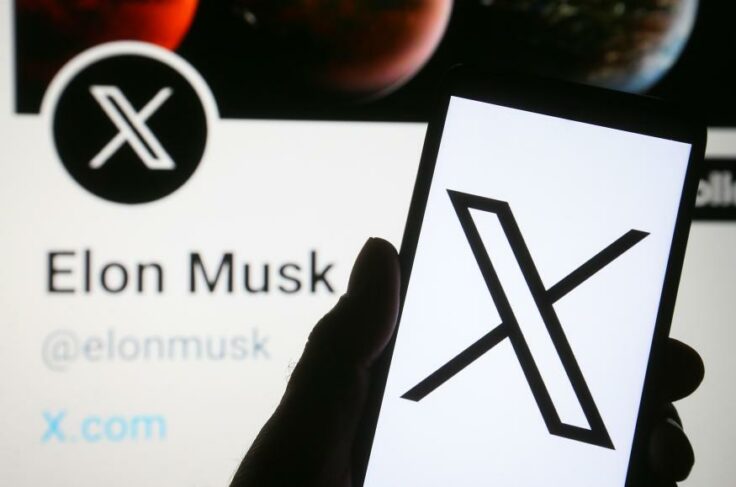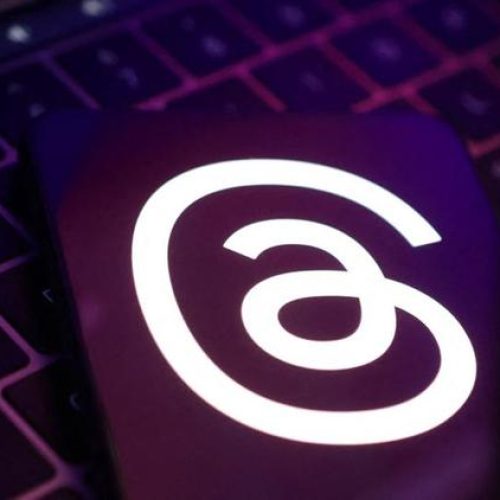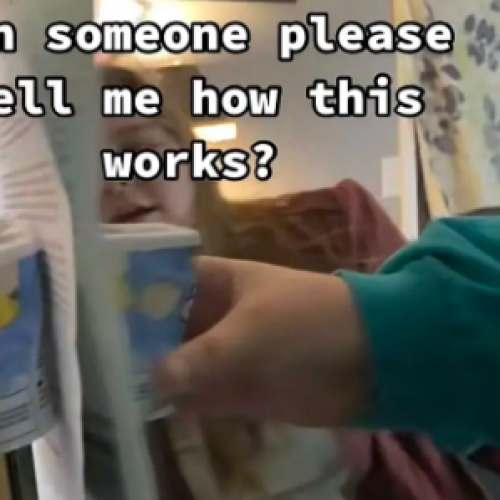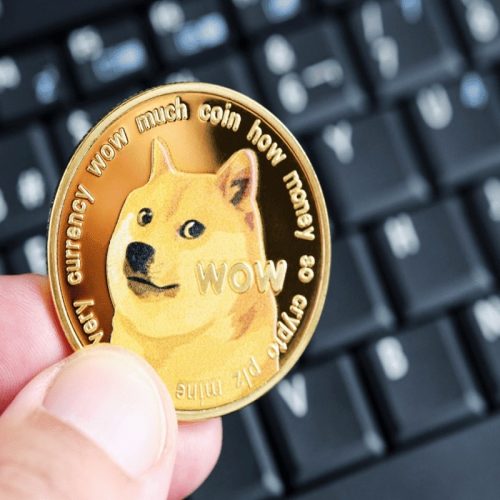To everyone’s surprise, last week, South African tech mogul Elon Musk took the unsolicited decision to rebrand the social media platform he acquired last year, namely Twitter, by swapping its world-recognized signature appellation for the second to last letter of the alphabet, X.
In less than 24 hours after the announcement was made, the blue-bird app, which is sadly no more, effectively made the switch, distressing long-time users who labeled the move as unnecessary and outright baffling, leaving most feeling disconnected and disoriented towards the sudden change.
Definitely feels like a break up, cheers to all the great friends and lovers we met with the bird alive…… pic.twitter.com/wJqqHC3ucc
— Hala404 (@halak404) July 31, 2023
Undeterred by the backlash, as he usually is when implementing bold decisions, Musk arduously defended the move, appearing unfazed by the thousands of comments strongly advising him to reconsider the impulsive rebrand. Realistically, who would want to take on such a revamp after reaching a level of near monopoly on certain key internet terms and cultural significance? Think of the shade of blue that’s almost eponymous with the platform, meanwhile words like “Tweet” and “Retweet” have become verbs of their own and made their way into dictionaries.
With the new name, the website’s referencing on the world wide web has now categorized the platform as one that shares X-rated content— for obvious reasons— which has even prompted a few countries to ban access to it over explicit concerns. Despite the comedic nature of the ordeal, the situation still begs the question of whether it really is worth it when taking into account all the negative publicity and unintended associations the rebranding has brought upon the platform.
However, it is worth noting that Musk’s fascination with the letter X did not start today. Far from it, in fact, as the affair has been going on for almost two decades now.
In 1999, the South African billionaire founded an online banking website under the name of x.com, which eventually became PayPal later on. Despite wanting the infamous letter to be featured in both the logo and name, the wish was never granted, pushing his lust onto other future ventures instead (petty as he is, he did buy the name domain back from Paypal in 2017).
Two years later, in 2002, the entrepreneur founded Space Exploration Technologies Corporation, widely recognized today as SpaceX, which again, as you can tell, featured the sought-after letter in both the name and logo as he once intended for with his previous company.
Elon has been obsessed with calling everything "X," Space X, Model X, X AE A-12, now just X, ever since the rest of the PayPal owners told him it was a stupid name. He's going to erase a globally recognized, culturally impactful brand because he was told "No" 25yrs ago.
Moron. https://t.co/V8ux1eHKvq
— Patrick S. Tomlinson 🔜 GenCon (@stealthygeek) July 23, 2023
The year after, Musk founded Tesla Motors, which introduced the revolutionary Model X in 2015, considered at the time as a groundbreaking midsize electric SUV, and one of the pioneering of its kind.
Then, Musk captured headlines for bestowing a distinctive name on his newborn child— X Æ A-12 Musk— an unconventional moniker that did indeed face hurdles due to California’s strict naming regulations. Despite the alteration, X remained the child’s first name, adding to the aura of the enigma surrounding Musk’s fascination for the letter.
Whatever the reason that lies behind these personal choices, one thing is certain: can it be good publicity or bad publicity, Musk always manages to keep the world talking about him (and X).









